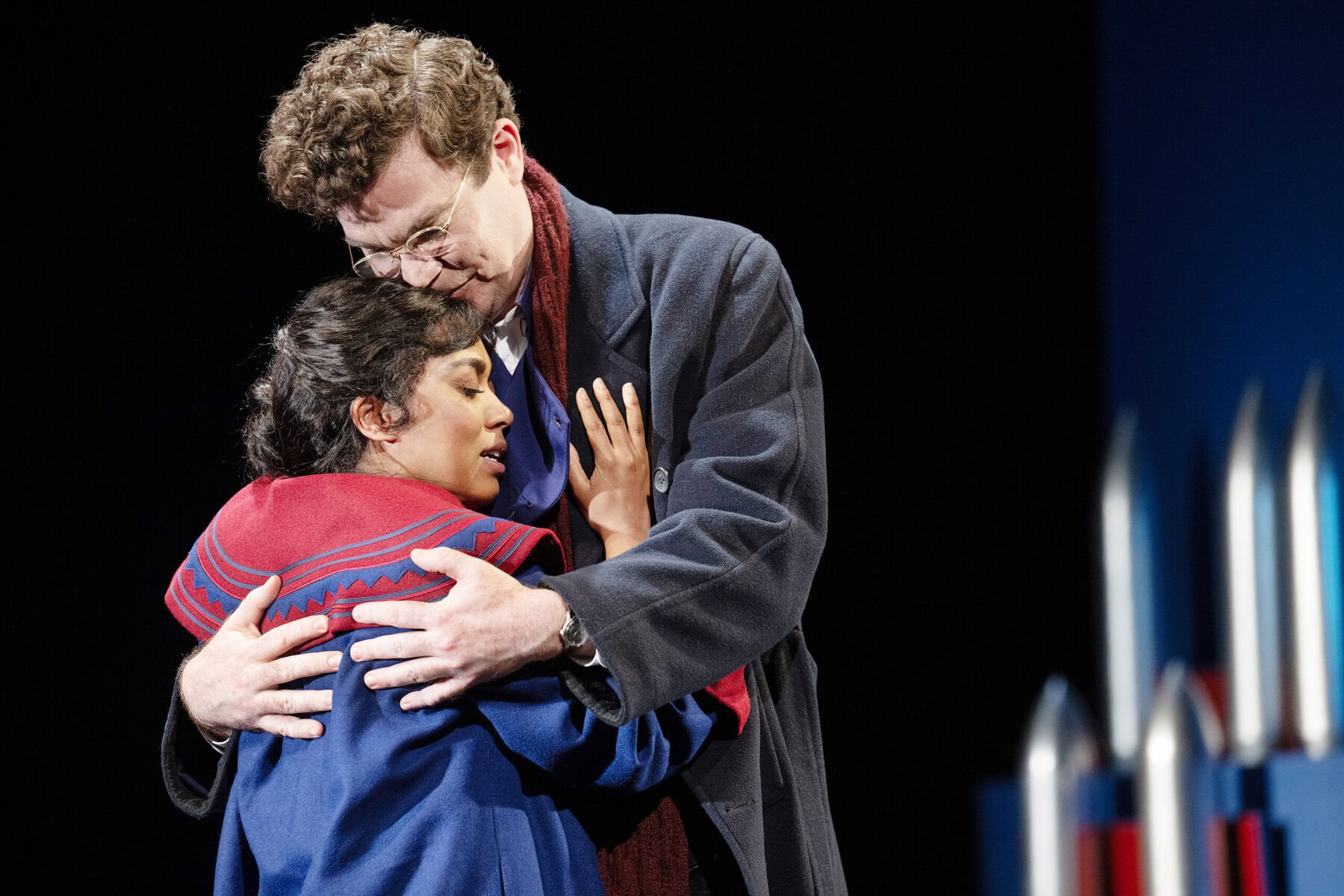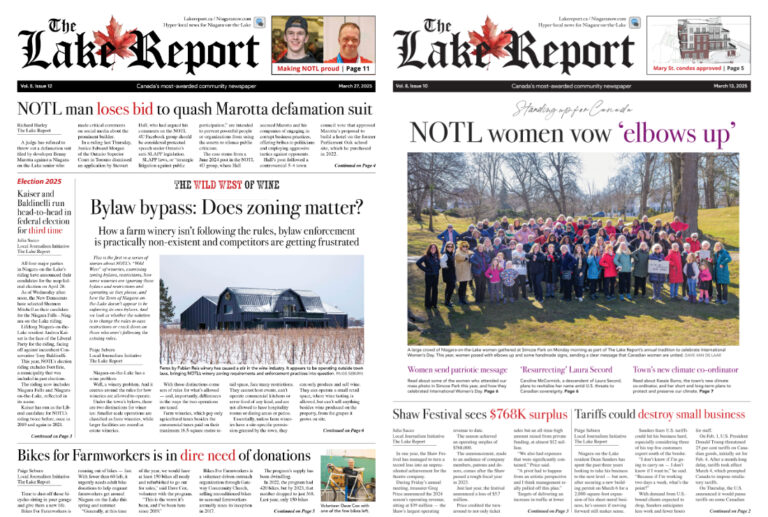MAJOR BARBARA *** (out of five)
Festival Theatre, 2 hours 55 minutes, one intermission, ends Oct. 5. By Bernard Shaw. Directed by Peter Hinton.
There was a time when the sounds of the Salvation Army drum and brass bands rang out across Canadian street corners, especially on a Sunday morning.
How many of us knew then of the reach of the “Sally Ann” as it provided spiritual, religious and social care to so many in need?
Did we know that the Christmas red kettle campaign for donations originated with a Canadian, Capt. Joseph McFee, who placed a pot at a wharf in San Francisco in 1891? Or that the “Keep the pot boiling” motto reminds us to continue to provide those needed services?
The Salvation Army was founded in 1865 as the East London Christian Mission by a sometime Methodist minister William Booth and his wife, Catherine.
George Bernard Shaw was one of the few male writers in the late 19th and early 20th centuries eager to address the “woman question” and to be an advocate for women’s rights.
In “Major Barbara” of the Salvation Army, we hear the voices of Victorian women aspiring to liberation, to work, to earn money and have the right to social, political, legal and gender equality.
Shaw’s female characters are unconventional, diverse, unique. They may come from different backgrounds of class, wealth and education, but they hold and express feminist ideas in challenging circumstances. Social status, be it ascribed or achieved, is identified by capability, dress and moral attitudes.
Barbara’s mother, Lady Britomart Undershaft, played with convincing hauteur by Fiona Byrne, is an aristocratic daughter of an Earl, “careless in her dress,” well-bred but “reckless,” well-mannered but “appallingly outspoken” and “amiable” though brusque. She is a single mother with strong upper-class expectations of her children.
She separated from her wealthy husband, Andrew Undershaft, decades earlier, as he refused to allow his son to inherit his business. He insisted that it pass to a “foundling,” as he was and tradition dictated, in order that it remain innovative and successful.
Her two daughters must marry soon due to economic necessity, and she demands that her reluctant, entitled son, played well by Taurian Teelucksingh, at least take over the responsibility of managing the family. Money is needed, so she sends for her estranged husband.
Daughter Sarah (Lindsay Wu) is conventional, well-dressed and only wishes to marry the “Oh, I say,” twit Charles Lomax (Sepher Reybod). He has the requisite social status but lacks smarts and financial means until he comes into his future trust funds.
Barbara (Gabriella Sundar Singh) is the unconventional daughter, the “New Woman.” She is a hard-working, uniform-wearing, money-earning major in the Salvation Army.
She must be compassionate yet authoritative, confident to stand up to bullies and control male abusive behaviour. To be a member of the Salvation Army was to be a military soldier in a right cause of God’s values.
She becomes engaged to a scholar, Adolphus Cusins (André Morin), who, being penniless, lacks the necessary social status but is considered an acceptable gentleman and prospect given his classical Greek education.
Barbara’s mission is to nourish and save souls. Ms. Singh does not convey adequately the depth, maturity and nuances of spirituality, strength and sorrow required for this role.
Patrick Galligan is outstanding as the long-absent husband and father running his “immoral” munitions manufacturing business. He is tough-minded and ruthless.
His mission is not to save souls but to improve methods of destruction of life and property for wars and killing fields that will continue to occur.
Andrew Underschaft’s rationale and capitalist solutions for eradicating poverty are other than offering a bowl of soup and a piece of bread. To him, money is power. Money gets things done. How will he and Barbara convince one another of the “right” moral means to salvation?
“Major Barbara” was first performed in 1905 at the Royal Court Theatre in London. A hundred and twenty years later, director Peter Hinton has shaken the pot for this sixth production at the Shaw Festival. Its themes continue to be relevant.
Penny-Lynn Cookson is an arts and culture historian, writer and lecturer living in Niagara-on-the-Lake.










